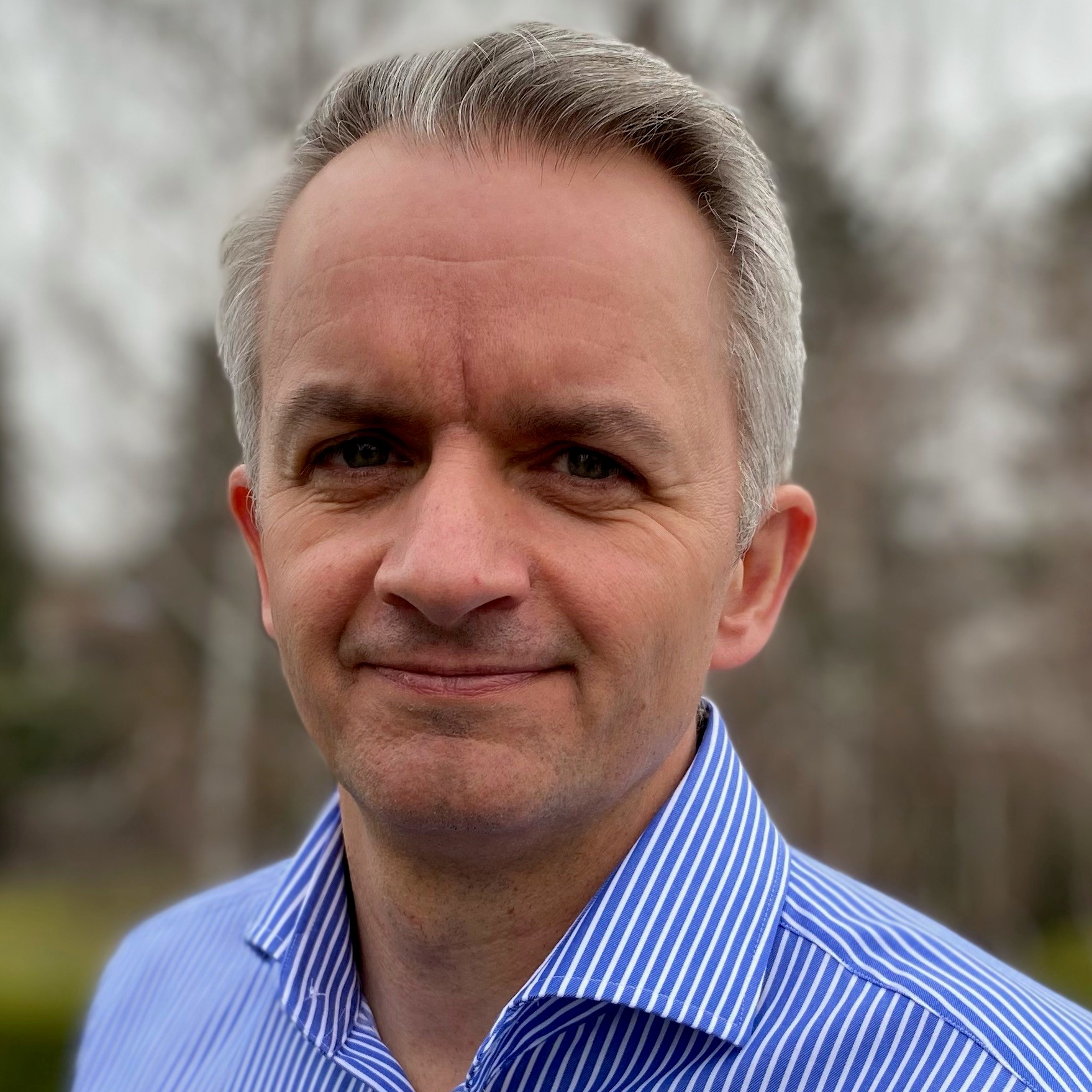Government
Sanofi to pay $2.9B for Provention Bio and its diabetes-delaying drug Tzield
Sanofi and Provention have made a $2.9 billion deal for the French drugmaker to acquire the biotech, which last year won approval for its drug to delay…

Sanofi and Provention have made a $2.9 billion deal for the French drugmaker to acquire the biotech, which last year won approval for its drug to delay the onset of type 1 diabetes.
Sanofi will pay $25 a share, the companies announced in a press release, a 273% premium over the New Jersey-based biotech’s closing price Friday. The companies already had a deal for Sanofi to co-promote the drug in the US, which they struck in October that gave Sanofi first dibs on negotiating any licensing rights for the drug.
The news is likely to be well-received by the market, especially after the failure of Silicon Valley Bank last week sent worries rippling through public and private biotech companies about the industry’s stability.
Provention’s treatment, sold as Tzield, was approved by the FDA in November after showing in trials that it could delay the onset of type 1 diabetes by about two years, the first treatment to show such an effect. It priced the drug at $193,000 for a course of treatment.
In 2019, Sanofi ended its research in diabetes, part of a broad pipeline overhaul to focus the company on areas such as cancer, rare disease, inflammatory conditions and other areas. Its diabetes drugs account for billions of dollars in sales, but the market for those products has been through a volatile period with extreme price pressure from US politicians, while its biggest rivals in the market — Eli Lilly and Novo Nordisk — bringing to market blockbuster-to-be weight loss drugs.
In its statement announcing the deal, Sanofi framed the takeover as one that “builds on Sanofi’s mission to deliver best- and first-in-class medicines and resonates with our purpose of chasing the miracles of science.” The company also still has commercial infrastructure supporting its diabetes products, and the companies were working together to sell the drug already.
 Paul Spittle
Paul Spittle“We already have the commercial footprint, which is why we think this is such a good strategic fit,” Paul Spittle, Sanofi’s chief commercial officer for its general medicine division, said in an interview. “It doesn’t mean there’s any change to our therapeutic area prioritization.”
Tzield is currently approved for adult patients with stage 3 type 1 diabetes, meaning they are symptomatic, and state 2 adolescents who are asymptomatic but are having blood sugar issues. Provention is running a Phase III trial, PROTECT, to assess the treatment in newly diagnosed patients. A readout of that trial is expected in the second half of this year and could be important for expanding the market for the drug.
Provention and Sanofi’s launch of Tzield began in earnest at the start of the year, SVB Securities analysts said in a note last month, and the biotech has yet to report how the drug has been selling in its first months on the market.
As Sanofi has gotten to know the company and the drug better, “We’ve become increasingly enthusiastic about the opportunity itself,” Spittle said. “We think the best option is for Sanofi to own the global rights.”
He declined to say whether there were other bidders in the process.

Here Are the Champions! Our Top Performing Stories in 2023
It has been quite a year – not just for the psychedelic industry, but also for humanity as a whole. Volatile might not be the most elegant word for it,…
AI can already diagnose depression better than a doctor and tell you which treatment is best
Artificial intelligence (AI) shows great promise in revolutionizing the diagnosis and treatment of depression, offering more accurate diagnoses and predicting…
Scientists use organoid model to identify potential new pancreatic cancer treatment
A drug screening system that models cancers using lab-grown tissues called organoids has helped uncover a promising target for future pancreatic cancer…













